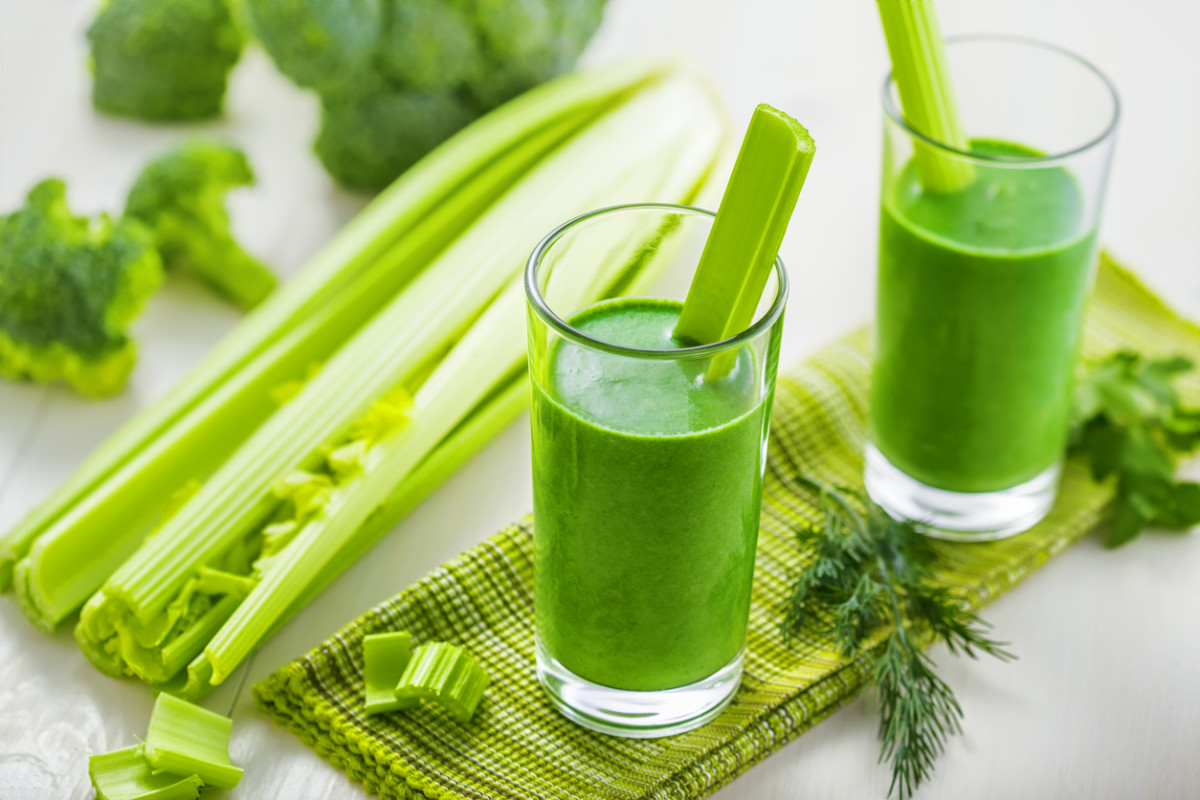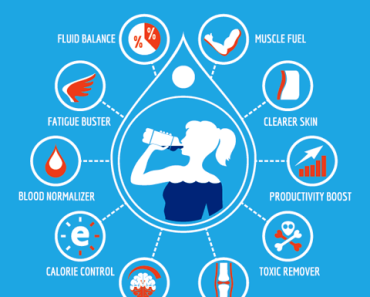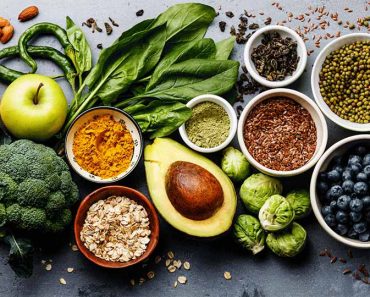In recent years, juicing has become a popular trend among health enthusiasts. Whether you’re looking to boost your nutrient intake, improve digestion, or simply enjoy a refreshing beverage, juicing offers a multitude of benefits. This article delves into the health advantages of juicing and provides practical tips to help you get started.
What is Juicing?
Juicing involves extracting the liquid from fruits and vegetables, leaving behind the pulp and fiber. This process concentrates the vitamins, minerals, and phytonutrients found in fresh produce, creating a nutrient-dense drink. While smoothies include the whole fruit and vegetable, juicing focuses solely on the liquid component, making it easier for your body to absorb the nutrients quickly.
Key Health Benefits of Juicing
Nutrient Boost:
Fresh juices are packed with essential vitamins and minerals. For instance, a glass of fresh orange juice can provide a significant dose of vitamin C, while carrot juice is rich in beta-carotene. These nutrients support immune function, skin health, and overall vitality.
Improved Digestion:
Juicing removes the fiber from fruits and vegetables, making it easier for your body to digest and absorb the nutrients. This can be especially beneficial for individuals with digestive issues or those recovering from illness, as it allows the digestive system to rest while still providing essential nutrients.
Detoxification:
Fresh juices, particularly those made with green vegetables like spinach, kale, and cucumber, are excellent for detoxifying the body. These vegetables contain chlorophyll, which helps to cleanse the blood and remove toxins from the body. Regular juicing can support liver function and enhance the body’s natural detoxification processes.
Weight Management:
Juicing can be a helpful tool for weight management. Fresh juices are low in calories and can be used as a healthy snack or meal replacement. They provide essential nutrients without the added sugars and unhealthy fats found in many processed foods. Incorporating juicing into your diet can help you feel fuller longer, reducing the temptation to overeat.
Increased Energy Levels:
The vitamins and minerals in fresh juices can help to boost energy levels and combat fatigue. Juices made with ingredients like beets, apples, and ginger are known for their energizing properties. By providing your body with easily accessible nutrients, juicing can help to sustain energy throughout the day.
Enhanced Immune Function:
Many fruits and vegetables used in juicing are rich in antioxidants, which help to protect the body from harmful free radicals. Ingredients like citrus fruits, berries, and leafy greens contain high levels of vitamin C, vitamin E, and other antioxidants that support immune health. Regular consumption of fresh juices can help to strengthen your immune system and reduce the risk of illness.
Better Skin Health:
Juicing can have a positive impact on your skin. The nutrients in fresh juices, such as vitamin C, beta-carotene, and antioxidants, promote collagen production, reduce inflammation, and protect against damage from environmental pollutants. This can lead to clearer, more radiant skin.
Hydration:
Fresh juices contribute to your daily hydration needs. Many fruits and vegetables have high water content, helping to keep you hydrated. Proper hydration is essential for maintaining healthy skin, supporting digestion, and ensuring overall bodily functions.

Getting Started with Juicing
Choose Fresh Ingredients:
For the best results, use fresh, organic fruits and vegetables. Organic produce is free from pesticides and other harmful chemicals, ensuring that your juice is as healthy as possible.
Mix It Up:
Experiment with different combinations of fruits and vegetables to keep things interesting and ensure a wide range of nutrients. For example, try combining sweet fruits like apples and oranges with nutrient-dense greens like spinach and kale.
Balance Flavors:
To make your juices more palatable, balance bitter greens with sweeter fruits. Adding a small amount of ginger, lemon, or mint can also enhance the flavor.
Start Slow:
If you’re new to juicing, start with simple recipes and gradually introduce more complex combinations. This will help your body adjust to the influx of nutrients and prevent digestive discomfort.
Drink Immediately:
Fresh juice is best consumed immediately after preparation to maximize its nutrient content. If you need to store juice, use an airtight container and refrigerate it for no more than 24 hours.
Clean Your Juicer:
Proper maintenance of your juicer is crucial for both hygiene and performance. Clean all parts of the juicer thoroughly after each use to prevent the buildup of pulp and bacteria.
Popular Juicing Recipes
Green Detox Juice:
1 cucumber
2 celery stalks
1 green apple
1 handful of spinach
1/2 lemon
1 small piece of ginger
Carrot-Orange Juice:
4 carrots
2 oranges
1 small piece of turmeric (optional)
Beetroot Boost:
1 beetroot
2 carrots
1 apple
1 small piece of ginger
Tropical Delight:
1/2 pineapple
1 mango
1 handful of kale
1/2 lime
Juicing offers a convenient and delicious way to increase your intake of essential vitamins and minerals. By incorporating a variety of fruits and vegetables into your juices, you can enjoy numerous health benefits, including improved digestion, increased energy levels, enhanced immune function, and better skin health. Whether you’re looking to detoxify your body, manage your weight, or simply enjoy a refreshing beverage, juicing can be a valuable addition to your health routine. Start experimenting with different recipes and discover the positive impact juicing can have on your overall well-being.






